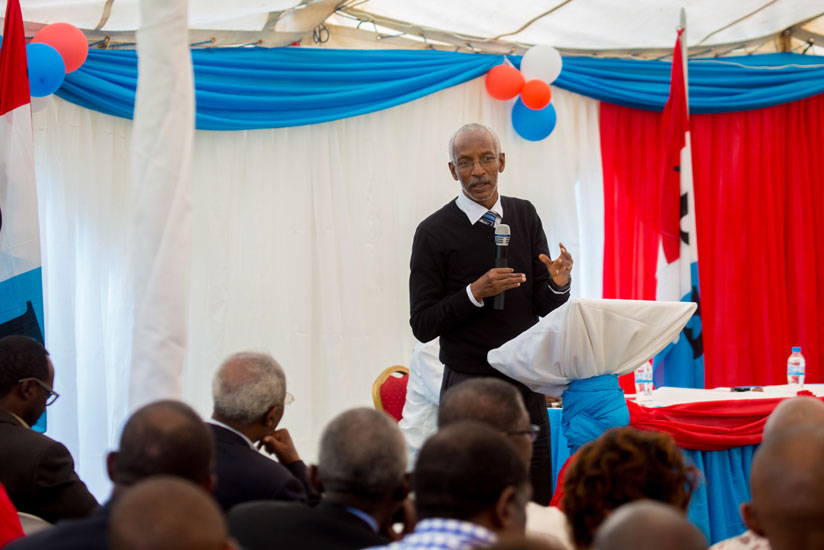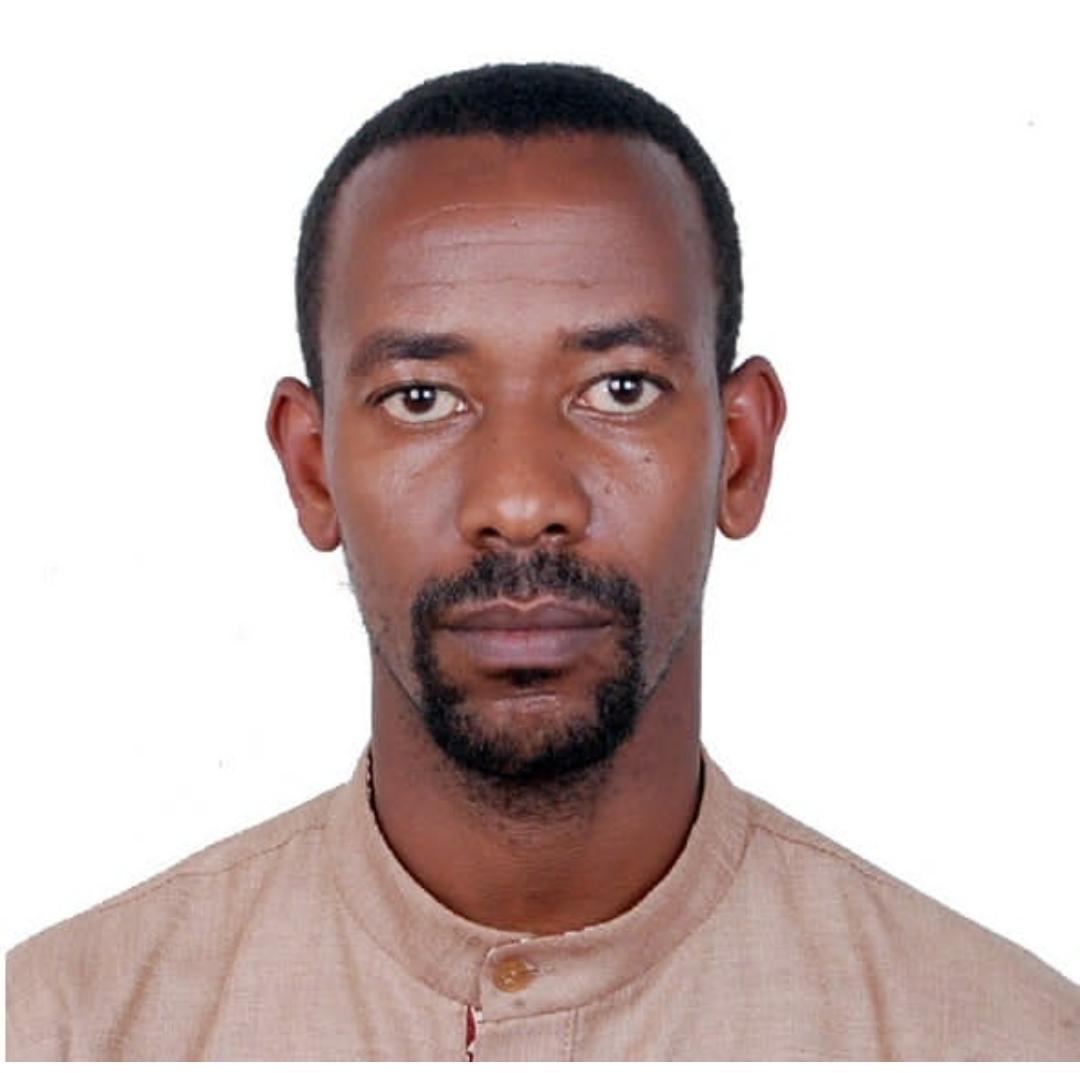About 300 senior members of the Rwanda Patriotic Front (RPF-Inkotanyi), last evening, started a three-day cadreship development workshop – the third of its kind that dwells on strategic planning.


About 300 senior members of the Rwanda Patriotic Front (RPF-Inkotanyi), last evening, started a three-day cadreship development workshop – the third of its kind that dwells on strategic planning.
Participants of the workshop at La Palisse in Kigali include RPF’s technical team, government officials who are members of the RPF, ministers, governors, senators and Members of Parliament, among others.
While officiating at the opening of the workshop, the RPF Secretary General, François Ngarambe, urged participants to follow the lectures with an open mind as they will help them improve their understanding of the nation’s history.
He pointed out that the end result of such sessions is improved performance of RPF members.
Participants will thereafter train other members of the party in different parts of the country to maximise benefits from the workshop.
"Whatever we do should be in line with the needs of the country. The people you will train after here should also know that we are a stronger party today because we decided to put national interest above self,” Ngarambe said.
He told members that those who will be delivering lectures are highly skilled senior members of the party.
"You may have obtained many degrees but you must know that you are still young in leadership, we are just 20 years old and still have a lot to learn,” he said.
One of the facilitators of the training, RPF Commissioner Wellars Gasamagera, told The New Times that the training sessions are aimed at empowering party members and making them understand party dynamics.
"Those in leadership positions should be alert and follow changes happening in this country,” he said.
He pointed out that although there have been two similar sessions before; it is still too early to determine the impact of such sessions.
"It has just been two years since we started these training sessions, the first session aimed at equipping participants with basics in governance, the second session dealt with management in different functions of the State, while the current session aims at giving participants knowledge on State formation, collapse, as well as how leaders are nurtured,” he said.
Gasamagera said that the participants would also be taken through leadership qualities.
"We also take them through understanding who a leader is and how they can be trusted,” he said.
Organisers have prepared nine course units which include; historical development of a nation state, constitutional forms of a nation state, the art and science of state management, the roles and functions of the state and state relationship.
Others are nation state rebuilding, state foresight, youth nurturing and statesmanship and revolutionaries.


